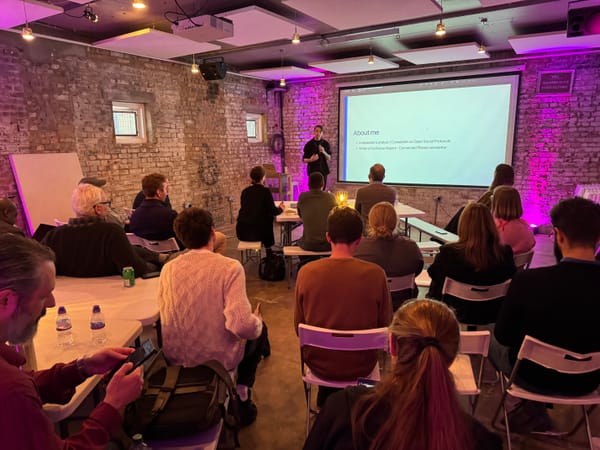Technology
The political effects of X’s feed algorithm
"Feed algorithms are widely suspected to influence political attitudes." This study shows that some do - to significant effect.
Technology
"Feed algorithms are widely suspected to influence political attitudes." This study shows that some do - to significant effect.

Future of News
How Protocols for Publishers points to the future of journalism – and the web
Fediverse
A position statement for FediForum's unworkshop
Technology
"Fed up with increasing subscription prices, viewers embrace rogue streaming boxes." The question is: what's on them?
Technology
"Bluesky built a verification system designed to distribute trust, and then didn't use it when it mattered."
Technology
"Open Source alone won't deliver digital sovereignty. Europe must fix procurement and fund those who actually build it."

Technology
A Supreme Court case about a bank robbery could redefine your digital rights.

Future of News
They came for the newsroom. It was ready.
Technology
"But these questions are framed in this way to encourage us all to aspire towards roles that enable us to do our best work, to have the biggest impact, and to live according to our values."

Technology
Building a community means looking beyond coding tests.
Technology
"Instagram no longer believes it can beat AI by making more or better content. It wants to be the referee, to decide what is real and what is not, and to build systems that can do it at scale."
Technology
This year's predictions from tech experts and decision-makers are notably pro-human.